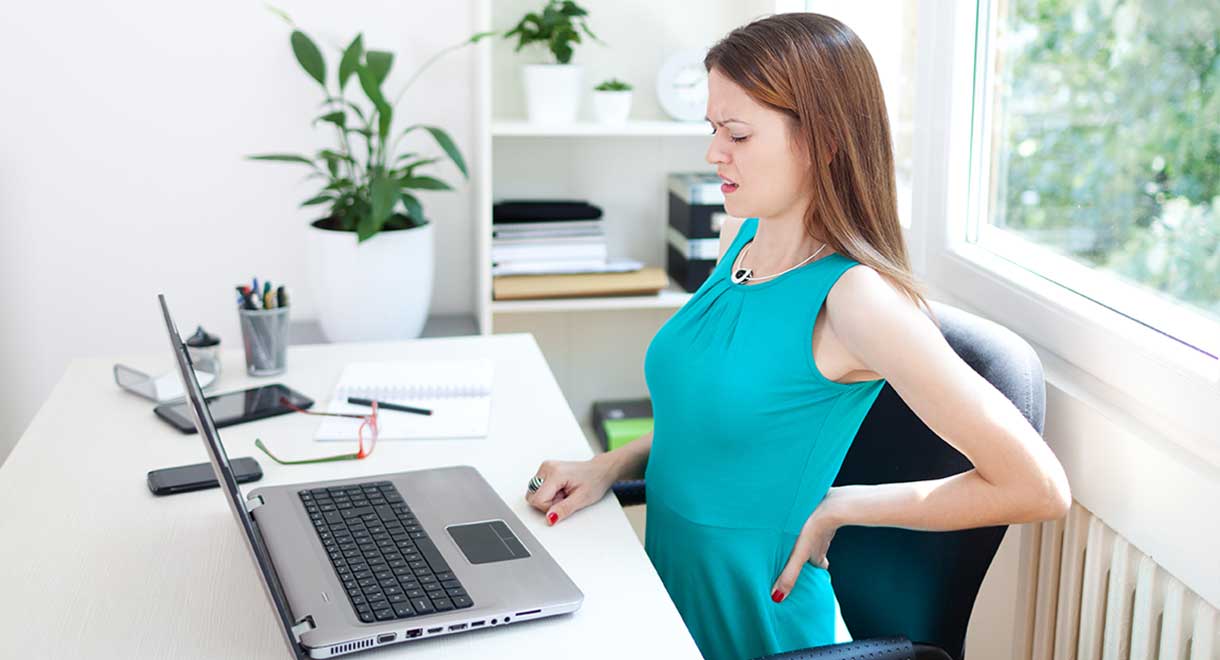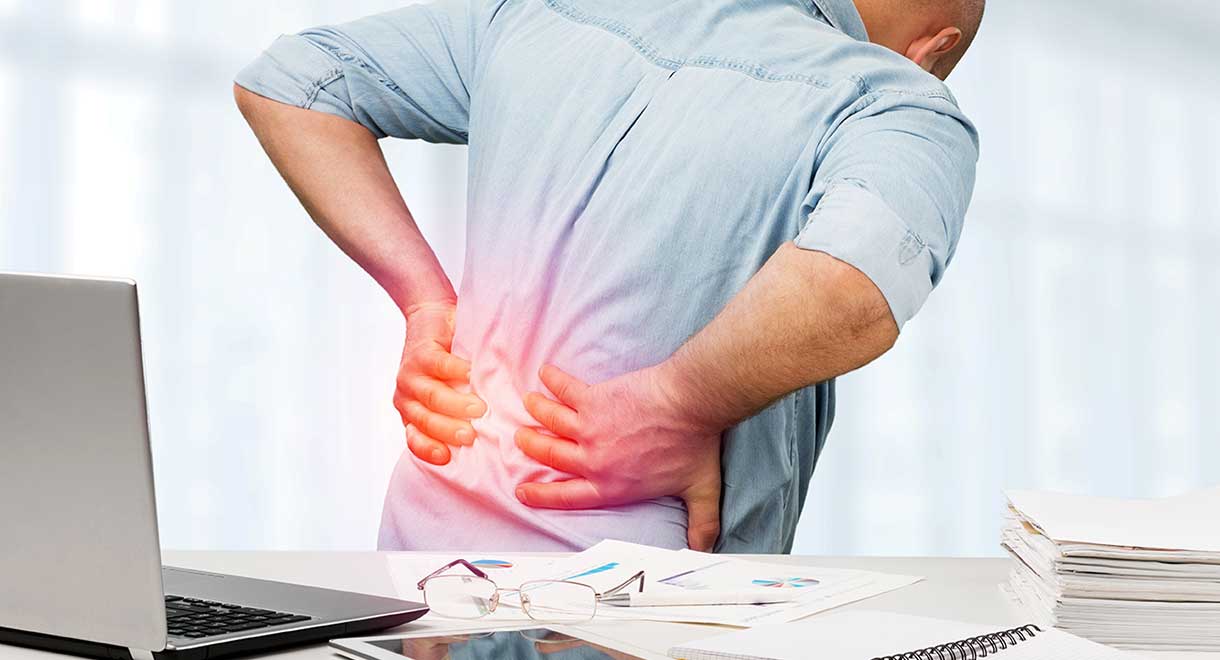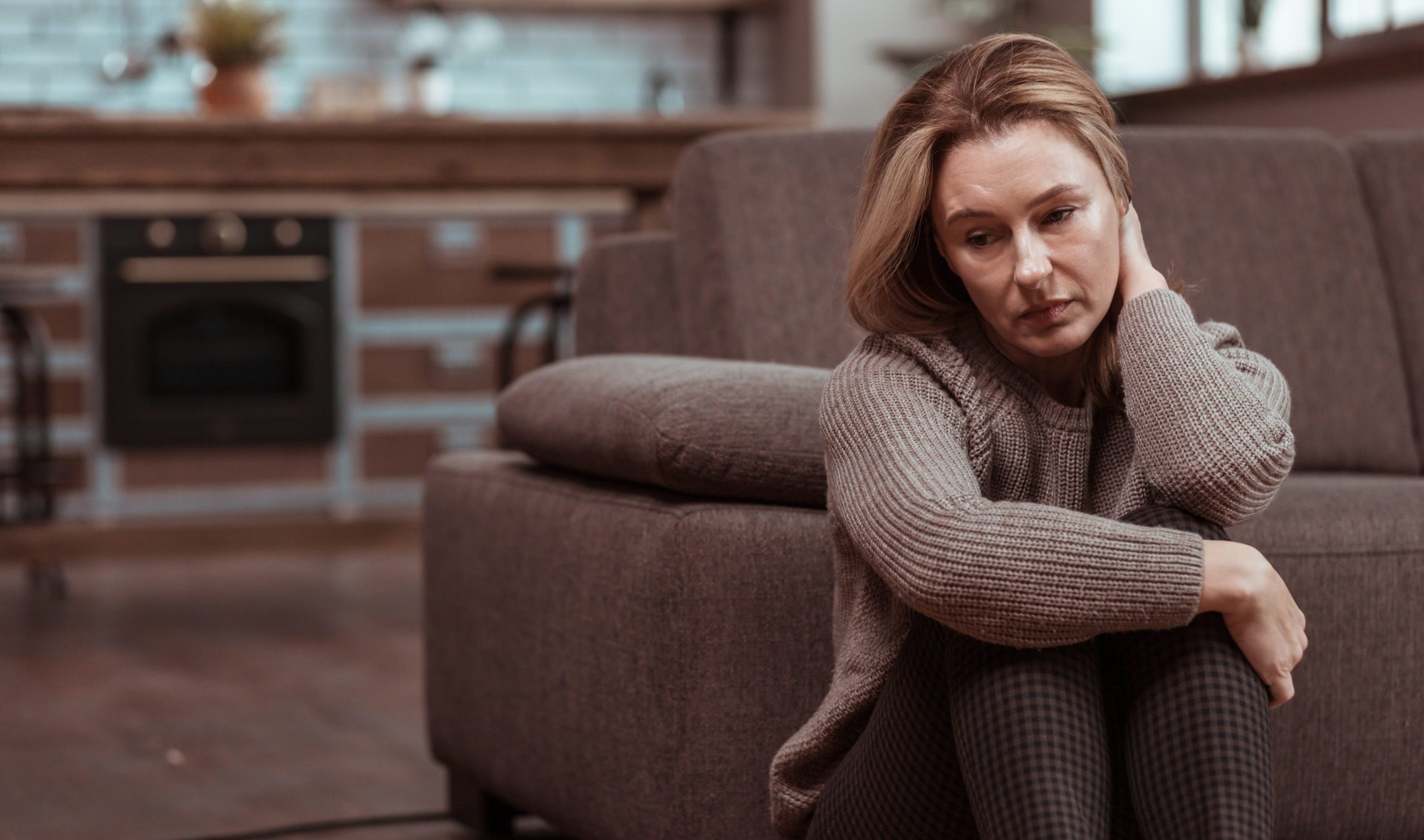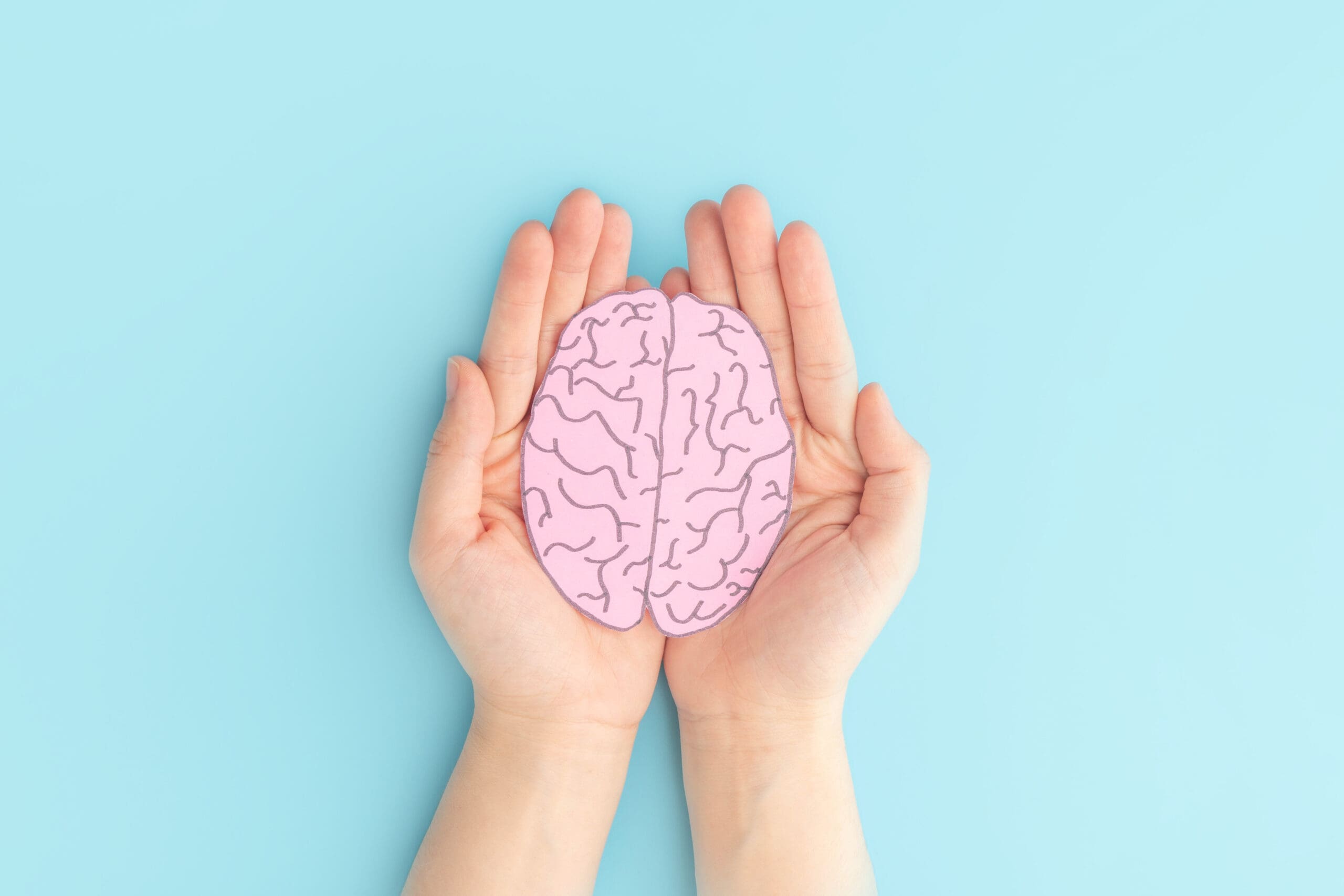Simple tips to alleviate back pain
By Jessah Robinson, Adv Dip (Nut Med)
Back problems are one of the most common conditions these days with estimates from the Australian Bureau of Statistics 2017-2018 National Health Survey indicating that around 4 million Australians have back problems. It is estimated that 70-90% of people will suffer from some form of lower back pain at some point in their lives. These statistics are quite significant and rather concerning. Thus, here are some simple tips to help alleviate back pain:

1. Reduce stress
Stress is a real worry, no pun intended, as it is one of the major contributors of body pain. It is important to find healthy ways to cope with stress such as catching up with friends and family, practicing yoga or meditation, reading a favourite book, listening to some relaxing music, practicing breathing exercises or taking a walk amongst nature. You may benefit from taking magnesium, a powerful mineral that helps to improve the physiological response to stress and helps to promote relaxation.

2. Remain active
By keeping your body moving you will prevent your back from stiffening up, which will help to manage your lower back pain. Make sure you continue performing daily activities and incorporating exercises into your daily routine such as swimming, walking and cycling. These low impact exercises will allow your body to release natural painkillers that will help to reduce your lower back pain.

3. Clock enough Zzz’s
Sleep is imperative for a number of reasons such as immune strength, weight control and body restoration. The latter is especially important for people who suffer with lower back pain as the body repairs itself while you’re sleeping and it is essential to get between 7 to 9 hours of sleep a night. In simple terms, lack of sleep will make your pain worse. Not to mention, if you are lacking in the exercise and sleep department, your body won’t have any time to repair itself.

4. Strengthen your core
It is essential to have strong abdominal muscles for optimal back support. Back pain may be caused by weak core muscles so it’s a good idea to look at ways of building up their strength. Effective core exercises include planks, push ups, crunches, as well as many others. You may benefit from consulting a personal trainer who can show you specific exercises to strengthen your core and ensure you are performing them correctly. Alternatively, there are a number of YouTube videos which can point you in the right direction. Ultimate Gut Health contains a high dose of L-glutamine, an amino acid that is vital for muscle growth and healthy muscle function and assists muscle recovery after exercise.

5. Improve your posture
Unfortunately, in this day and age the majority of people spend a large chunk of their day sitting in front of a desk. Not to mention, most have poor posture and a tendency to slouch. Not only does slouching look bad, it is also unhealthy and creates an unnecessary strain on your lower back. This can cause fatigue, back, neck and shoulder pain, and even abnormal alignment of the spine. Improve your posture by ensuring your chair and desk are at an appropriate distance and height, with proper support for your back, arms and neck. Try to avoid sitting for prolonged periods of time.

6. Consume natural anti-inflammatories
Extra virgin olive oil, green leafy vegetables, almonds, walnuts, oily fish, berries, citrus fruits and turmeric are examples of anti-inflammatory foods. Ensure to incorporate plenty of these nutrient-rich foods into your diet to combat inflammation and reduce pain. There is an excellent anti-inflammatory diet in Dr Cabot’s book ‘I Can’t Lose Weight and I Don’t Know Why’.
Healthy collagen production is essential for strong and flexible muscles, ligaments and joints. The nutrients sulphur, silica, vitamin C and zinc are required for healthy collagen production and are combined in collagen food to strengthen the spine and alleviate pain.









I have arthritis in the spine fro years as an elite athlete doing triathlons with an eating disorder. I am doing a 4 minute plank every second day( every day hurts my back) how can you help. I am 63 in October
Hi Roslyn,
Wow you have certainly had an active lifestyle over the years!
It is important to support collagen production, joint health and to reduce inflammation in the body.
Having bone broth daily can be extremely beneficial as it is high in gelatin and minerals to aid in joint repair.
Collagen Food Powder contains the building blocks of collagen which is vital for repairing and maintaining healthy joints, as well as reducing inflammation. Selenium is also a great anti-inflammatory.
Perhaps planking is not the best exercise for you as someone with back problems – you might need to look at some exercises that put less pressure on your back. Exercising in water is fantastic.